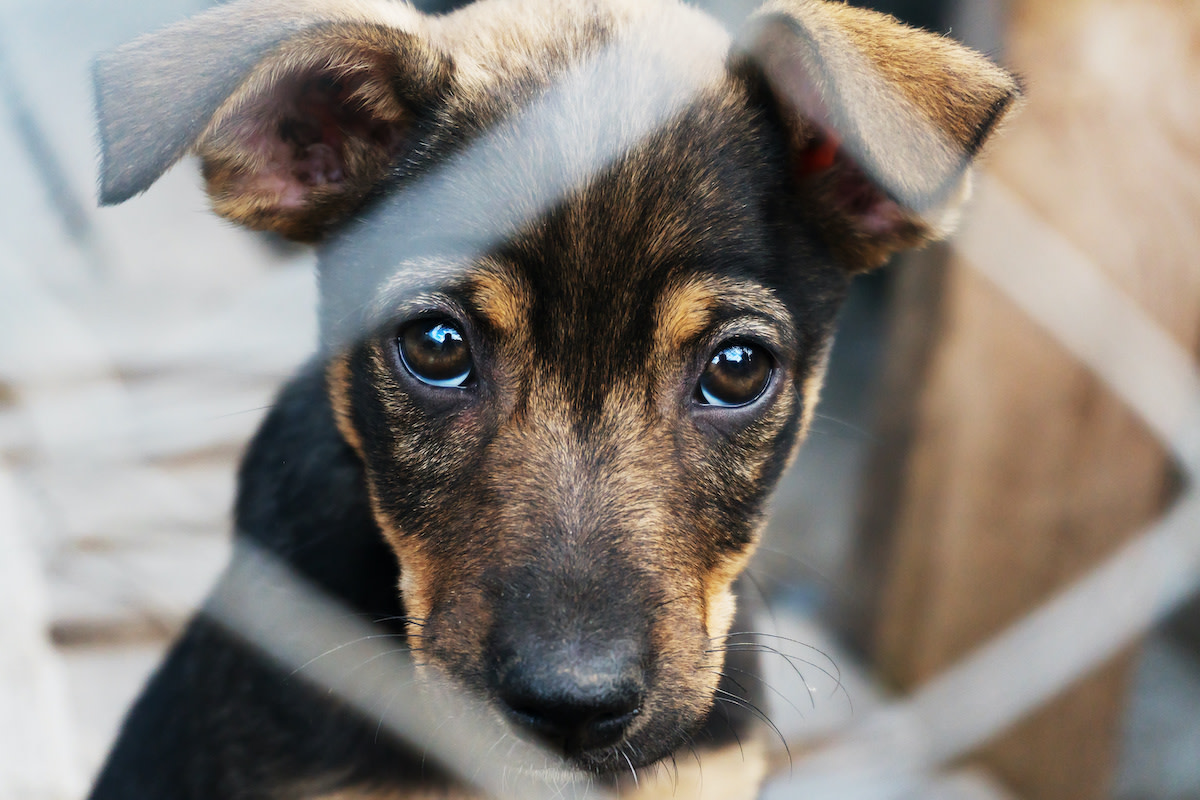How to Choose the Right Dog Breed: 6 Factors to Consider
Written by MasterClass
Last updated: Jun 7, 2021 • 3 min read
There’s no right or wrong way to find a new dog. What’s important is finding the right dog for you. Whether you want to adopt or use a breeder, you should aim to find the breed that is most compatible with your life and living accommodations. Choosing the right breed can make all the difference in you and your dog’s happiness.
Learn From the Best
6 Factors to Consider When Choosing a Dog
Choosing the best dog breed for you is about more than just looking for a cute face. You may think you’re getting a specific breed for your own needs, but it’s also essential to consider the dog’s needs. If you’re a prospective dog owner looking to give a pooch a loving home, here are some factors to keep in mind:
- 1. Size. The size of your living space is the one major factor you should consider when selecting a dog breed. Do you live in a small apartment or a house? Do you have enough space for a large dog? Or will your living area only accommodate a small dog? Do you have a backyard where the dog could easily head outside for exercise and to do their business? Large breeds like Great Danes may be more prone to physical ailments, like hip problems or torn ACLs. However, smaller-size dogs like Chihuahuas may be more vulnerable to physical accidents or colder temperatures than large dogs.
- 2. Schedule. Choosing the type of dog that is compatible with your schedule will ensure that your pet receives the attention they need. Do you have the free time required to train a puppy properly? Will you be able to provide a high-energy dog with the long walks and activity they need? Or do you need a more independent, senior dog who can handle being left alone during the day?
- 3. Activity level. Finding a dog that complements your activity level is important when choosing a dog breed. A high-energy pooch can quickly exhaust a low-energy dog owner, and a low-energy dog can frustrate an owner who’s always on the go. Do you have an active lifestyle? Are you an adventurous person or a homebody? Do you do much daily exercise like hiking, camping, and running, or do you prefer leisurely neighborhood strolls? Will a dog with a high-energy level fit in with your daily activity? How close is the nearest dog park? Or do you want a couch potato who is perfectly content being a lazy lap dog? The best match for you will be a dog whose needs are similar to yours.
- 4. Breed. Different breeds have different inherent traits. According to the American Kennel Club (AKC), there are seven dog breed groups (Working, Herding, Hound, Sporting, Non-Sporting, Toy, and Terrier). Each breed comes with different personality traits, and it’s important to know the right breed that will be most compatible with yours. If you are especially allergic to animal fur, a hypoallergenic dog breed like the poodle may suit your needs, if their other traits match your needs. Mixed breed dogs can combine ideal traits that you’re looking for, but it’s never a guarantee you’ll get all the beneficial traits you want. Purebred bulldogs and pugs, for instance, have very small nasal cavities, which can impact their ability to breathe well when overheated.
- 5. Age. Puppyhood, adolescence, adulthood, senior—over the course of each stage, a dog’s personality typically changes. Adult dogs are more likely to be housetrained and may have calmer temperaments than a young dog. With older dogs, you already know their medical history and personality, so it’s less of a gamble than taking a chance on a younger puppy. However, some older dogs don’t do well around small children (sometimes due to traumatic experiences in the past), so this is another important aspect to take into consideration.
- 6. History. If you’re buying from a dog breeder, you’ll know the dog’s story. If you’re adopting from an animal shelter, the history might be cloudier. Your dog may have been abandoned or even abused, and moments from their history can affect their personality. However, that doesn’t mean that a bad history means they won’t be the perfect dog for you—you just have to be willing to put in the work.
Want to Learn More About Training the Goodest Boy or Girl?
Your dream of having a dog who understands words like “sit,” “stay,” “down,” and—crucially—”no” is just a MasterClass Annual Membership away. The only things you’ll need to train up a well-behaved pup are your laptop, a big bag of treats, and our exclusive instructional videos from superstar animal trainer Brandon McMillan.
